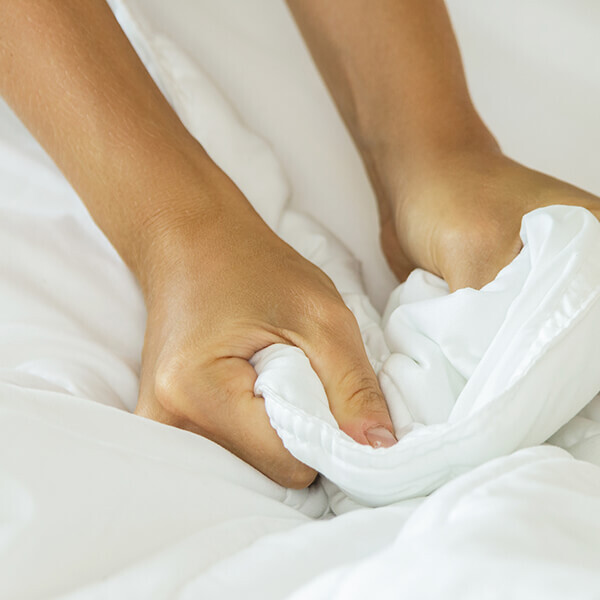
Orgasmic disorders happen when it’s hard or impossible to reach orgasm. This can make sex feel less enjoyable or frustrating. These issues can affect anyone. For helpful tools and expert advice, visit our DOXXES store on North Freeway / Little York.
What Are Orgasmic Disorders?
Orgasmic disorders—like anorgasmia or delayed orgasm—mean trouble reaching climax even when aroused. These are different from erectile dysfunction, which affects getting or keeping an erection.
Types of orgasmic disorders include:
- Superficial – pain or numbness on the skin
- Deep – muscle tension or cramping during orgasm
- Provoked – triggered only by certain positions, motions, or settings
Why Do Orgasmic Disorders Happen?
Emotional causes may include:
- Pressure to “perform”
- Bad past experiences
- Lack of communication with a partner
- Stress, anxiety, or low confidence
Physical causes may include:
- Hormonal shifts (menopause or low testosterone)
- Nerve damage or chronic illness
- Pelvic floor tension
- Side effects from medicine
Usually, both emotional and physical reasons play a part.
Common Signs and Finding Triggers
Examples of orgasmic issues:
- You feel aroused but can’t reach orgasm
- It takes too long or feels unsatisfying
- You feel pain or cramps during climax
- Nothing happens even with good stimulation
To understand your triggers:
- Track your mood, energy, and what works/doesn’t
- Compare solo vs partnered experiences
- Try changing pace, positions, or products
Who It Affects
Orgasmic disorders can affect people of all genders and ages.
- Men may feel pressure to “perform”
- Women may feel guilt or confusion
- Nonbinary or trans individuals may struggle with body image or hormone effects
Knowing the difference between low desire and orgasmic issues helps you get the right help.
How a Sex Therapist Can Help
- Go over your sexual history
- Check for stress, anxiety, or trauma
- Teach exercises to relax or boost sensation
- Help you and your partner build trust and comfort
How to Cope and Find Relief
Therapy:
- CBT (cognitive behavioral therapy) helps change unhelpful thoughts
- Mindfulness can lower stress and improve sensation
- Couples therapy supports teamwork and open talk
Medical help:
- Adjusting medication
- Hormone support
- Pelvic floor therapy

How DOXXES Can Help
We offer:
- Easy-to-use lubricants
- Pelvic floor tools
- Soft vibrators
- Prostate massagers
All come with clear safety instructions. Using them with therapy often improves results faster.
Talking About It with a Partner
- Say how you feel: “I feel stressed when this happens.”
- Use “I” statements—this avoids blame
- Pick a quiet, safe time to talk
- Learn together using trusted resources
- Ask for help early if things feel stuck
Visit the DOXXES Store – North Freeway / Little York
Our location offers a welcoming, private space. Come browse products and talk with friendly experts who can help you find the right tools.
Conclusion
Orgasmic disorders are common—and they can be treated. With the right tools, support, and open communication, pleasure can return. Visit DOXXES to start your journey toward comfort and confidence.
FAQs
- What are orgasmic disorders?
They involve trouble reaching orgasm, even with good arousal or stimulation. - Can I get help at North Freeway / Little York?
Yes. We provide evaluations and connect you with therapists and doctors if needed. - What causes delayed or absent orgasms?
Stress, anxiety, hormone changes, or medication can all play a role. - Is it normal to never have had an orgasm?
Yes. Many people haven’t. Learning and therapy can help change that. - Can past trauma affect orgasm?
Yes. Trauma can block pleasure responses, but therapy helps. - Do medications delay orgasm?
Yes—especially antidepressants or blood pressure meds. - Are medical treatments available?
Yes. You might benefit from hormone therapy, pelvic floor therapy, or new medications. - Can therapy help?
Definitely. Many people improve with sex therapy or CBT. - Should I involve my partner in treatment?
Yes. Sharing the process can ease stress and boost success. - Is orgasm therapy offered nearby?
Yes. We work with local professionals who offer expert, private care.
